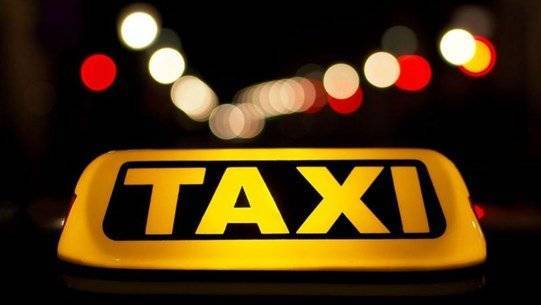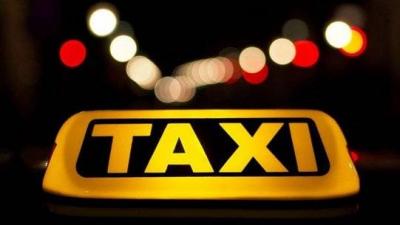The profession of a taxi driver in Lebanon has never been a profitable or future-oriented career. Previously, in the best of cases, it was enough to sustain the driver and provide for their family's basic needs, alleviating some poverty. However, everything has changed today, and this profession has lost its appeal, as expressed in the local slang among drivers. Interestingly, taxi drivers who are suffering from hardship must not only endure their difficult circumstances but also shoulder the burdens of others and "bite the bullet." A saying applies to both the driver and their customer: "Put the dead on the dead; the one underneath just cries out."
Haidar Shamma, a taxi driver with a red plate, bought a 1995 model Mercedes (230 catch) with a public license, which costs him significantly. He explains his current situation, stating, "I am 69 years old, and I have been in this profession for over 25 years. I own a Mercedes with a red plate. Our job used to sustain us, and things were manageable. However, now, with the rising price of gasoline, it does not provide enough for even one day's meal." He adds, "I have clients from our village and neighboring villages who prefer to travel with me from Akkar to Tripoli. Among them are university students and employees; unfortunately, these days, they pay me in installments—once every two weeks or once a month. There are new passengers who used to drive their cars to the city but now prefer taxis because it remains less expensive than a vehicle that requires over 300,000 lira for a round trip to Tripoli."
In the current situation, the taxi fare between Tripoli and Akkar has become 100,000 lira, and it continues to rise as fuel prices increase. Within the villages, people now wait for any "tuk-tuk" to pass by because its fare is less than that of any taxi, or they prefer to wait for any regular car passing by to take them along. Soldiers are among those most affected by this issue, and many prefer not to travel in their own cars or by taxi unless necessary.
Badr Ashour, a taxi driver working the Tripoli-Akkar route for twenty years, explains his circumstances: "We endure severe hardships due to rising fuel prices, the increase in the dollar exchange rate against the Lebanese lira, and the high cost of parts and people's moods and situations, not to mention the soaring costs of spare parts and maintenance."
Taxi drivers have faced various problems for years, but these have increased due to the ongoing collapse. They now consider themselves without insurance as it no longer covers their medical and medication costs, and the rise in fuel prices has pushed up transport fares, reducing their work as many prefer "tuk-tuks" or any other means over taxis. Additionally, the competition from illegal vehicles and buses has further complicated their situation, as driving a taxi has become "a job for those with no job," according to one driver.
In any self-respecting country, the government ensures affordable transportation to avoid making this issue a burden for all segments of society. However, in the miraculous Lebanon, transportation is a fundamental problem that can almost consume an employee's entire salary. What will the Lebanese think about? What will they worry about the most? Electricity and its provision? Water? Transportation? Food and drink? Health and medical care?




